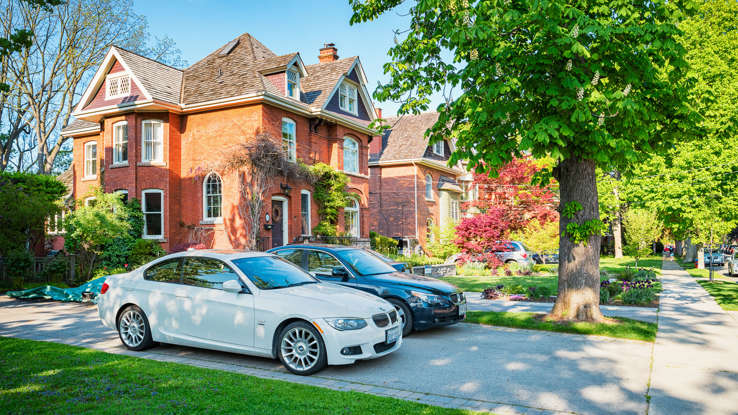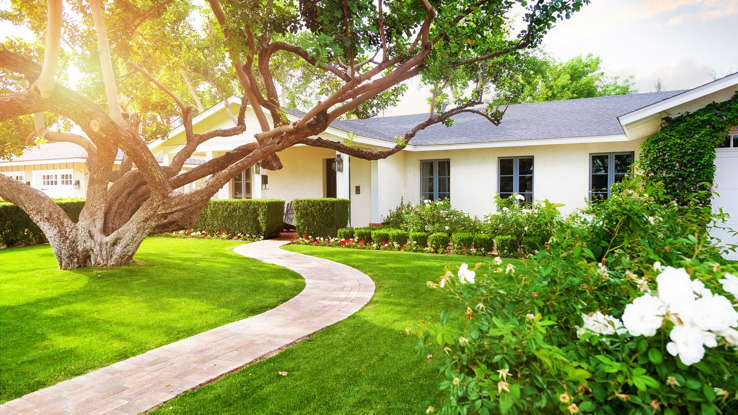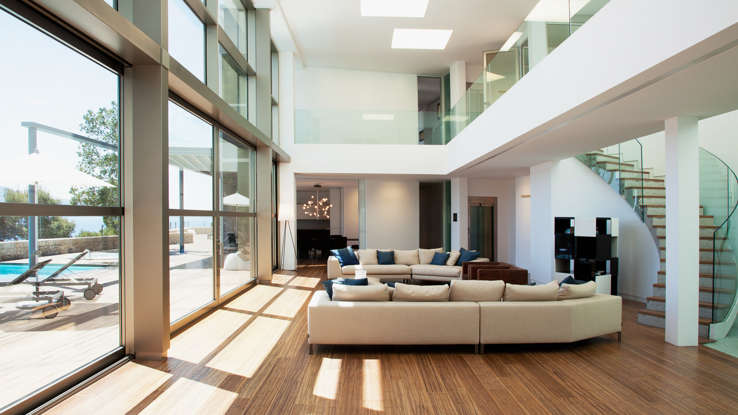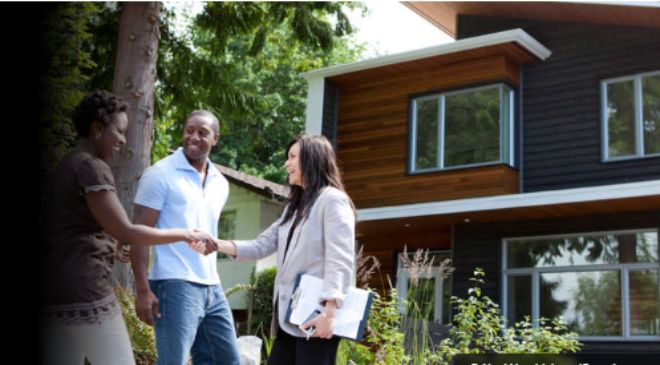A home’s value is dependent on multiple factors, those that are tied to the property and external circumstances, like the state of the economy and capital markets.]

Location
One of the most important factors driving pricing is a home’s location. George Ratiu, senior economist at Realtor.com, said a property in a desirable location is likely to carry a higher value.
Desirability, however, may vary depending on buyers. “While historically, homes in close proximity to downtowns or employment centers carried higher values, there were periods when downtown living was not as desirable and property values reflected that shift,” said Ratiu. “Conversely, some properties are highly-valued specifically because they are far away from busy downtown areas such as rural estates and ocean-front homes.”

Size
The size of a home can impact its value. Kevin Bazazzadeh, founder of Brilliant Day Homes, said generally a larger home will be worth more than a smaller home.
“Buyers will almost always be willing to pay more for a home that is big enough for their needs and ready to be moved into without needing repairs or renovations,” said Bazazzadeh.

Age and Condition
Age and condition are also likely to influence the value of a home. Newer homes tend to carry higher values than older homes.
Additionally, homes with in-demand floorplans and amenities are also more likely to see higher values. Ratiu uses the example of a home with an open floorplan that also has a dedicated home office, high-speed internet access and ample garage space. These features have grown in popularity during the recent remote work period, meaning the home would command a higher price.

Renovation Potential
Today’s modern homebuyers prefer to redesign and renovate their homes in their own ways. Brian Burke, owner and managing broker at Kenna Real Estate, said properties with better renovation potential can impact a home’s property value.
“These potentials can include the potential of widening the floor space, adding an extra room or adding a pool or an outdoor patio,” said Burke. “Whenever a property offers the buyers these kinds of opportunities to personalize, the value of the property goes up because of the increased demand.”

Interest Rates
Burke said interest rates can be a major influence on a property’s perceived value.
“When the Reserve Bank increases interest rates on loans, the lenders follow suit. Consequently, borrowers have to pay higher monthly mortgage payments and expensive mortgages thus increase the price of a property,” said Burke. “An inexpensive mortgage, on the other hand, makes a property more affordable.”
“When capital markets experience periods of low interest rates, offering more affordable borrowing costs, buyers are more likely to bid up home prices,” said Ratiu.

The Economy and Job Creation
Another external factor that impacts a home’s value is the economy. Ratiu said in times of economic expansion, when the number of jobs is rising and buyers feel financially secure, home prices tend to reflect a growing environment.
Alex Capozzolo, real estate agent and co-founder of Brotherly Love Real Estate, said demand for jobs is the strongest external driver that affects real estate values. When larger businesses expand in new places, small businesses often follow suit.
Capozzolo uses the example of Comcast, which finished building a $1.5B skyscraper in downtown Philadelphia in 2018. This business expansion brought a few thousand new jobs to the city and allowed Philadelphia’s local real estate market to take off. Smaller businesses followed Comcast’s lead. They started opening up more restaurants, breweries and shops throughout different neighborhoods across the city.
“The local economy boomed, neighborhoods transformed physically, people of different income levels moved into the city to take advantage of new job opportunities and real estate values skyrocketed,” said Capozzolo.







































